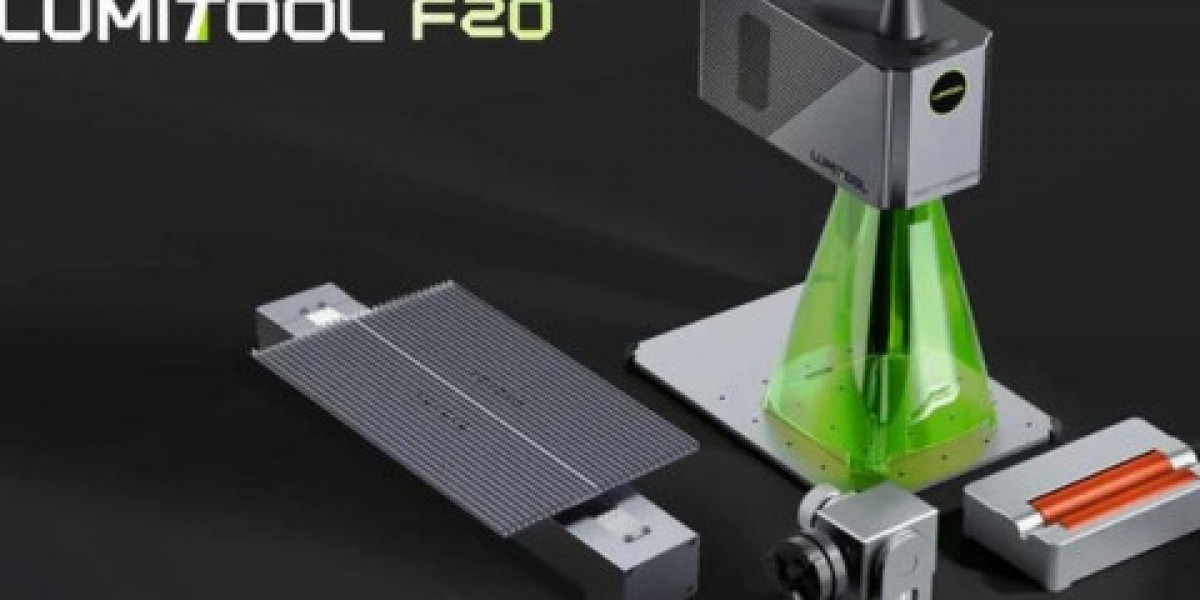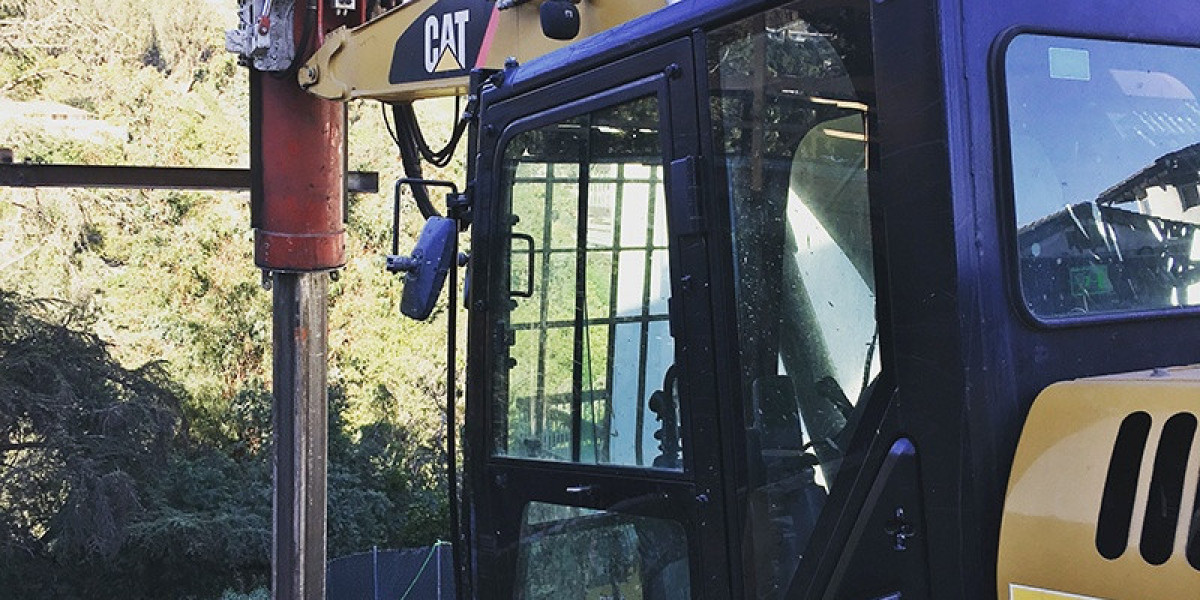As small businesses look for ways to stand out in a competitive marketplace, investing in high-quality tools can make a significant difference. One such tool is a laser engraver, which opens up numerous opportunities for customization and product enhancement. With various options available, selecting the best laser engraver for your small business can be daunting. This guide will help you understand the essential factors to consider when choosing a laser engraver, ensuring you make an informed decision that aligns with your business goals.
1. Understanding Your Business Needs
Before diving into the world of laser engravers, it’s crucial to assess your specific needs. What materials will you be engraving? Are you looking to create personalized gifts, industrial parts, or intricate designs for art projects? Understanding your business objectives will help narrow down your choices. For instance, if you primarily work with wood or acrylic, a CO2 laser engraver may be the best fit. However, if you’re focusing on metal engraving, you might consider a fiber laser engraver.
2. Types of Laser Engravers
There are several types of laser engravers, each designed for different applications. The most common types include:
- CO2 Laser Engravers: These are versatile and ideal for a wide range of non-metal materials, such as wood, acrylic, glass, and leather. They are suitable for businesses focusing on custom gifts and signage.
- Fiber Laser Engravers: Best for marking metals and other durable materials, fiber lasers are perfect for industrial applications. They offer higher precision and speed for metal engraving, making them an excellent choice for manufacturing or product identification.
- Diode Laser Engravers: These are typically more affordable and suitable for hobbyists or small-scale projects. While they may not match the power and versatility of CO2 or fiber lasers, they can still be effective for light engraving tasks.
3. Consider Your Budget
Budget is a critical factor when selecting a laser engraver. Prices can range from a few hundred to several thousand dollars, depending on the machine's capabilities and features. While it may be tempting to choose the most affordable option, consider the long-term value. Investing in a quality machine that meets your needs can save you money on repairs and replacements in the future. Additionally, factor in ongoing costs, such as maintenance, supplies, and software.
4. Key Features to Look For
When evaluating laser engravers, there are several key features to consider:
- Engraving Speed and Power: Faster engraving speeds can lead to increased productivity, which is essential for meeting customer demands. Higher wattage machines typically offer better performance for engraving tough materials.
- Work Area Size: Ensure that the engraving area meets your project requirements. A larger workspace allows you to handle bigger projects or multiple items simultaneously.
- Software Compatibility: A user-friendly software interface can significantly enhance your engraving experience. Check if the engraver is compatible with popular design software like Adobe Illustrator or CorelDRAW, making it easier to create and import designs.
- Safety Features: Look for machines with built-in safety features, such as emergency shut-off switches and protective enclosures. These features help ensure a safe working environment, especially if multiple operators will be using the machine.
5. Research Suppliers and Brands
Once you have a clear understanding of your needs, it’s time to research different suppliers and brands. Look for reputable manufacturers known for their quality and reliability. Read reviews and testimonials from other small business owners who have purchased laser engravers. Companies like Lumitool, for example, are recognized for their innovative products and excellent customer support, making them a popular choice among small businesses.
6. Training and Support
Choosing a supplier that offers training and support can significantly enhance your experience with the laser engraver. Look for suppliers that provide comprehensive resources, including user manuals, online tutorials, and responsive customer service. This support can help you troubleshoot any issues and maximize the capabilities of your machine.
7. Testing and Demonstration
If possible, test the laser engraver before making a purchase. Many suppliers offer demonstration models that allow you to see the machine in action. This hands-on experience can help you understand the engraving quality and ease of use, ensuring that the machine meets your expectations.
Conclusion
Investing in a laser engraver can provide your small business with a competitive edge, allowing you to offer personalized products and enhance your service offerings. By understanding your specific needs, researching available options, and considering key features, you can find the best laser engraver that aligns with your business goals. Whether you choose a CO2, fiber, or diode laser engraver, quality and reliability should be at the forefront of your decision-making process. With the right tool, your small business can unlock new opportunities and achieve greater success in today’s dynamic marketplace.









